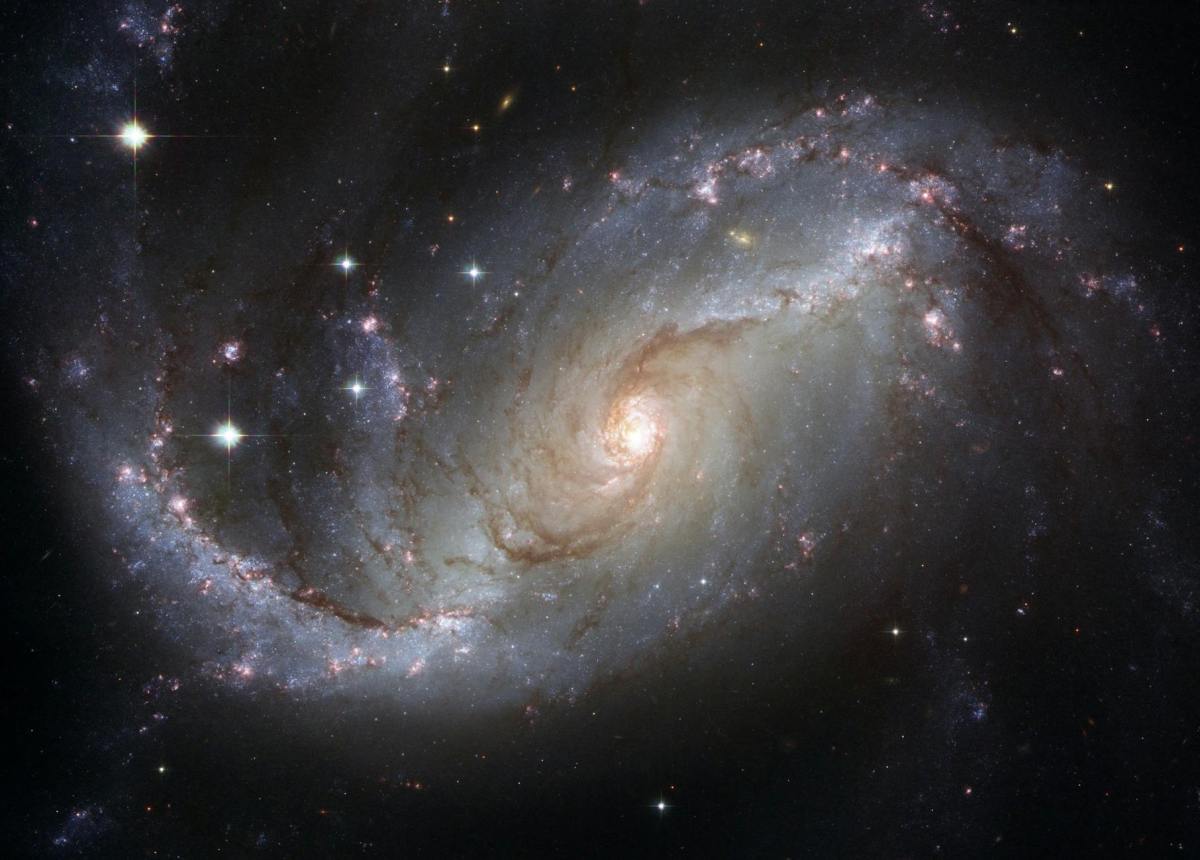One of the titans of speculative fiction, the sci-fi genre encompasses a wide range of very different works. From the “hard” science fiction of The Martian and Jurassic Park, to the epic space operas of Dune and Ender’s Game, to the fantasy elements of A Wrinkle in Time, authors have gradually established science fiction as a broad “umbrella” literary field.
Though sci-fi contains a plethora of styles, tones, and subjects, the common unifier of the field is the speculated effect of science, whether real or imagined, on individuals and/or societies. This speculation often delves into philosophical, psychological, or sociological territories; and like these sub-fields, certain sci-fi authors rise above their singular creations to become known for their whole body of work.
This list is certainly not conclusive, but it should give you, dear reader, a solid foundation from which to explore the genre as far as you wish.
Dune by Frank Herbert
With the recent releases of Denis Villeneuve’s two Dune movies, Frank Herbert’s original novel has surged back into the public consciousness. An explosive tour-de-force of everything the genre can be, Dune rightfully takes one of the top seats in the sci-fi pantheon. If you enjoyed the new movies, you will enjoy the book.
Also, do yourself a favor and read Dune: Messiah. While polarizing for fans, the sequel is a proper continuation of what Herbert was setting up in the first book.
Isaac Asimov
Asimov is one of those writers who is better known for their overall impact on the genre rather than any one specific work. Some of his highlights:
Isaac Asimov by Fiedler & Mele
Andy Weir
An emerging author, Andy Weir is best known for his breakout hit The Martian and its subsequent film adaptation. He followed up with the less-than-well-received Artemis and the exceedingly excellent Project: Hail Mary. Weir’s novels have quickly become known for their wisecracking, sarcastic characters and accessible yet comprehensive presentation of real scientific concepts.
Ender’s Game by Orson Scott Card
A sci-fi classic about a boy-turned-hero by stopping an alien invasion, with social and philosophical twists.
Remembrance of Earth’s Past trilogy by Cixin Liu
A near-future Chinese sci-fi series, this trilogy portrays humanity’s first contact with an alien race and the resulting reactions to the knowledge that we are not alone. Includes The Three-Body Problem, The Dark Forest, and Death’s End.
A Wrinkle in Time by Madeleine L’Engle
A science fantasy series for children and adults, detailing the efforts of the Murry family and their place in the cosmic struggle of good and evil.
Jurassic Park by Michael Crichton
One of those rare storytelling gems where the book and the movie are both of superb quality. Crichton is a master of realistic science fiction, and his skill shines brightest in his most popular work.
Further Reading:
I don’t have the space to list all the great literature of science fiction, but here are some more books and authors to check out!
1984 by George Orwell
Fahrenheit 451 and other books by Ray Bradbury
2001: A Space Odyssey and others by Arthur C. Clarke
Micah Rhodes’ reviews reflect his personal opinions and not necessarily those of the library or university.



